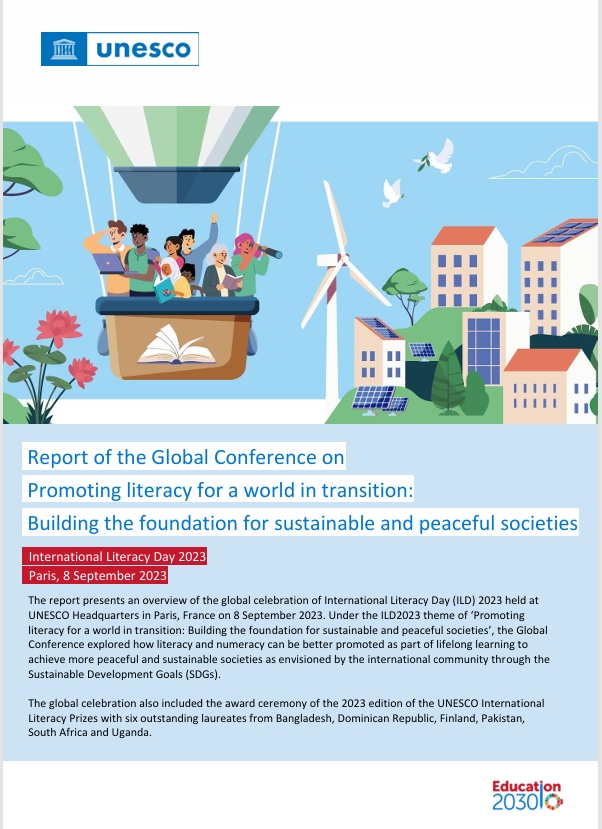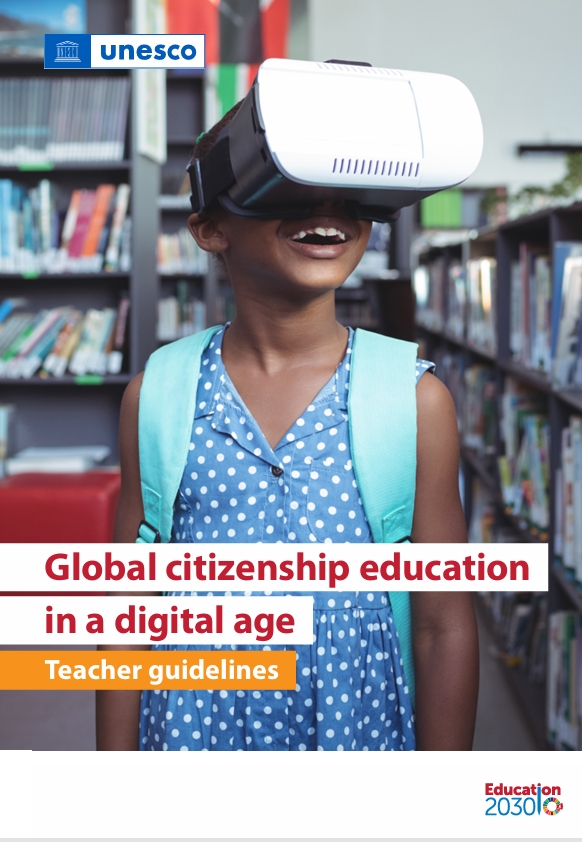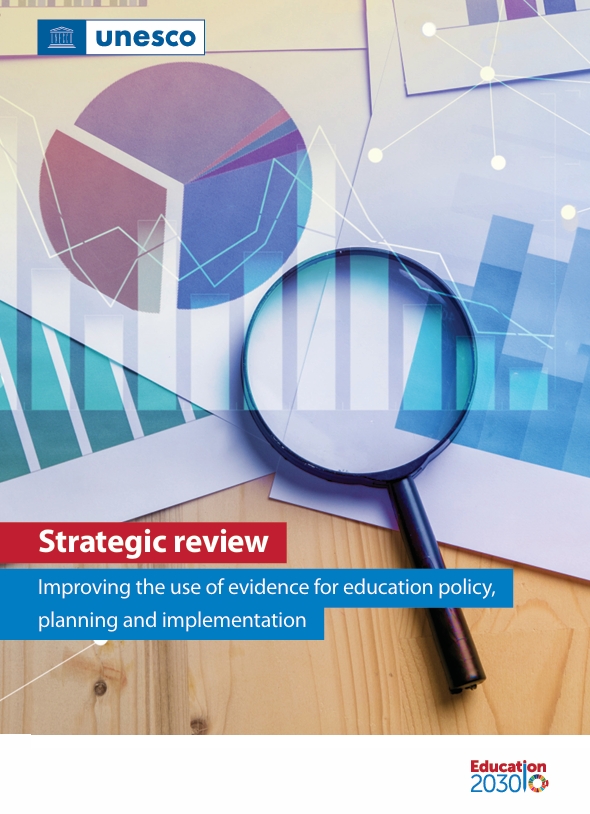Along with a commitment to educational attainment, it is imperative for state policymakers to harness their power to make equity-focused policy decisions. All students should be afforded the opportunity to develop the knowledge and skills necessary to achieve their future goals, yet inequities in the education system continue to stifle those opportunities for many students. Educational equality means that all students receive equal access to the same educational pathways. While this is a laudable goal, simply leveling the field is not enough. States should strive for equity in educational opportunities, providing all students with the unique supports they need to succeed. A focus on equity takes into consideration the varying personal experiences and social identifiers that impact students’ educational opportunities, including race, gender, ethnicity, socioeconomic status, disability, family background and others. To address these inequities, education leaders must first understand that diverse students have diverse needs. States have the power to advance educational equity by targeting resources and crafting policy that challenge the status quo. Education Commission of the States supports states in identifying their equity needs and bringing together thought partners across the education field to better understand, develop and implement decisions that improve opportunities for all students. To move the needle on equity in education, Education Commission of the States proposes increased intentionality of policy assessment and development across four pillars of work: teaching and leading, learning and transitioning, measuring and improving, and financing. In this brief, a list of key equity-minded questions to consider within each
of these target areas is included. This list — though not exhaustive — can serve as a guide for state education leaders as they evaluate their policy options across the P20 spectrum
Connect with us :






